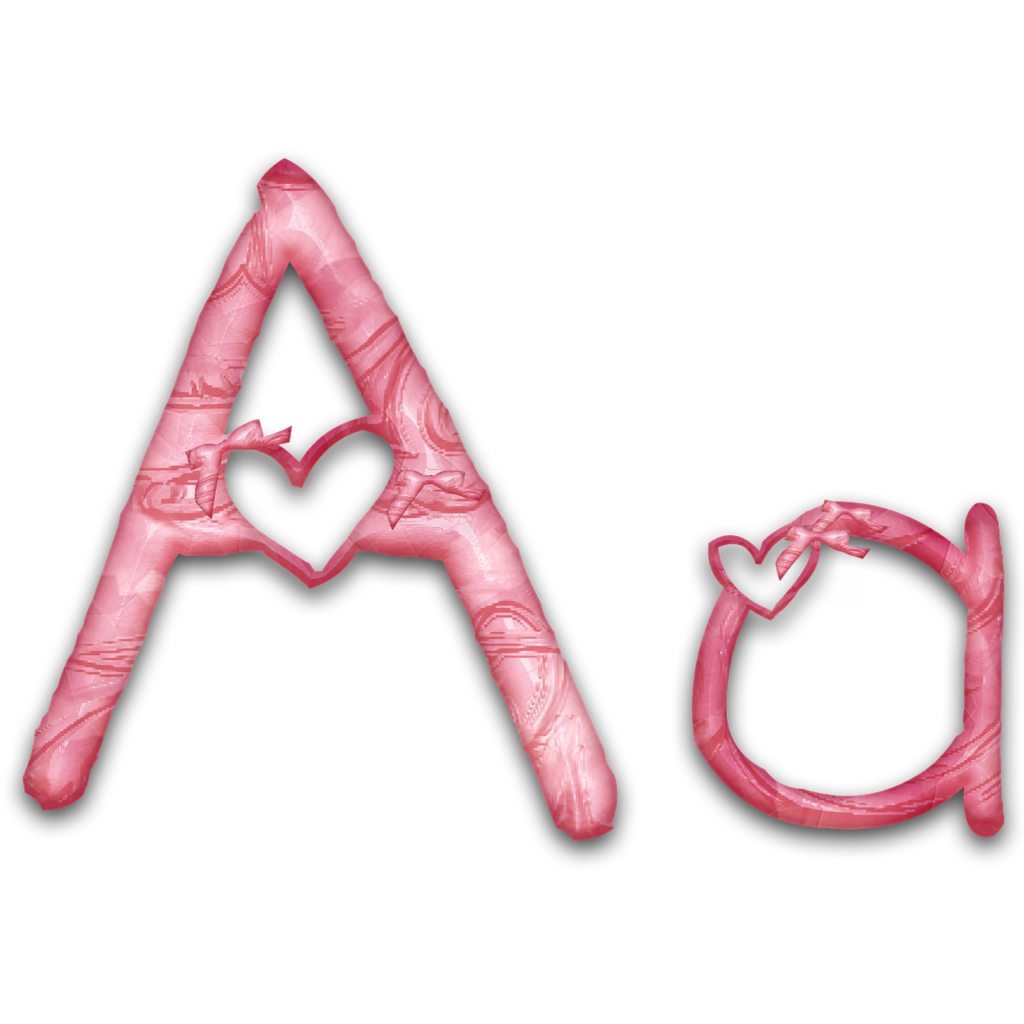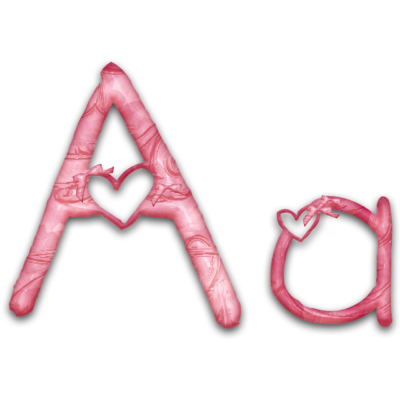
Although A is the first letter in the alphabet, used in many words, it’s also a word unto itself. This article will examine how to use the letter A.
The word A is a special adjective, known as an article in conjunction with the word an to signify singleness or the quantity of one.
Translate this article using Google Translate.
When the following word begins with a consonant sound, the word a is used. When the following word begins with a vowel sound, the word an is used. For example: a boy, a girl, a car, a city, or a pencil etc. Or, an apple, an eye, an elephant, an orange, or an icicle etc.
Whether using a or an, it indicates that there is only one of whatever word that follows.
 The letter A is a vowel. There are two main pronunciations. Like all vowels, the long sound of the vowel says its own name–A. For example: Able, Age, cake, bake, and make. The short sound of a is different. For example: At, afternoon, bat, cat, and fact.
The letter A is a vowel. There are two main pronunciations. Like all vowels, the long sound of the vowel says its own name–A. For example: Able, Age, cake, bake, and make. The short sound of a is different. For example: At, afternoon, bat, cat, and fact.
As is often the case in the English language, there are exceptions. The letter A is no different. For example, when the letter A is followed by the letter R, the sound it usually makes is the same as saying the letter R by itself. For example: Bar, car, far, and par. On the other hand, if a word ends with the letter E, the E is usually silent, and the A, like other vowels says its own name. For example: Bare, care, fare, pare.
Confusing, I know. Welcome to the English language and all its twists and turns.
I hope this little bit of information helps you better understand the letter A.
Study some words that begin with the letter A
If you have questions or comments, leave them below and I will answer them.


Your article on how to use the letter ‘A’ is incredibly informative! I never realized how complex this seemingly simple letter could be in the English language. Your examples make it easy to understand the rules and the exceptions. I’m particularly interested in the part where you mention the different pronunciations of ‘A.’ Do you have any tips or exercises to help non-native speakers master these sounds? Also, I noticed you mentioned that ‘A’ can be confusing due to the English language’s twists and turns. Do you plan to cover other letters that have similar complexities? Keep up the great work!
Hi dreamgirl93, thanks for your comments. Yes, I plan to cover other letters and combinations of letters. There is so much to do. Stay tuned. If you have a particular request, let me know.
KBob